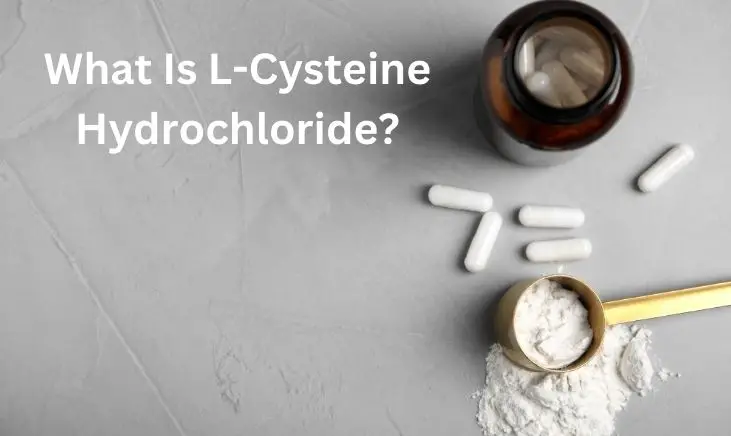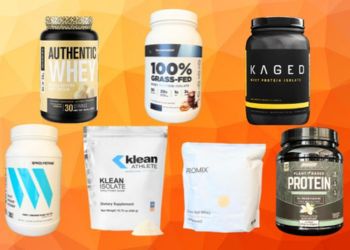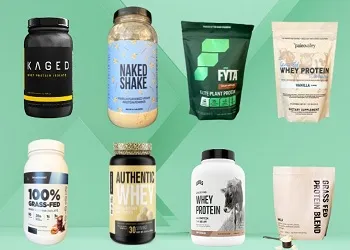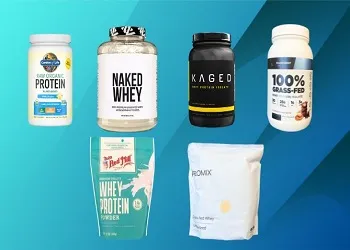L-cysteine hydrochloride is a soluble salt of cysteine and hydrochloric acid, found as either L-cysteine hydrochloride anhydrous or L-cysteine hydrochloride monohydrate.
Table of Contents
Essential and Non-Essential Amino Acids
Before we dive into the nitty gritty of cysteine, it’s important to understand the difference between each category of amino acids.
In total, 20 amino acids form the building blocks of all proteins within the human body. They are classified based on their production within the body—can they be produced endogenously, or must they come from exogenous sources?
In short, these are called essential, non-essential, or conditionally (semi) essential amino acids.
- Essential amino acids: Amino acids that cannot be synthesized in the body and are dietarily required through food or supplements.
- Non-essential amino acids: Amino acids that can be synthesized from other amino acids in the body.
- Conditionally essential amino acids: Non-essential amino acids can be synthesized in the body but become essential under certain physiological or pathological conditions, such as adolescent growth or pregnancy.
Here’s a breakdown of which amino acid fits where.
| Essential | Non-essential | Conditionally essential |
| Phenylalanine Valine Tryptophan Threonine Isoleucine Methionine Histidine Leucine Lysine | Alanine Aspartic acid (aspartate) Asparagine Glutamic acid (glutamate) Selenocysteine | Arginine Cysteine Glutamine Glycine Proline Serine Tyrosine |
What Is L-Cysteine?
Cysteine is a conditionally essential amino acid produced under normal circumstances from two other amino acids: serine and methionine.
However, as a conditionally essential amino acid, the body can’t synthesize it sufficiently under certain physiological or pathological conditions, meaning it becomes dietarily essential and must be obtained from food or an essential amino acid supplement.
Cysteine is a sulfur-containing proteinogenic amino acid with a reactive thiol side chain, giving it unique functions not inherent to other proteinogenic amino acids.
For example, cysteine can form disulfide bonds with other cysteines—a critical process for promoting protein folding and stability. Reactive cysteine residues also underlie its ability to act as an antioxidant, scavenging and quenching free radicals to prevent oxidative damage and stress.
Key takeaway: L-cysteine is a conditionally essential amino acid that becomes essential under certain psychological or physiological states. It is one of two sulfur-containing amino acids that are required for the formation of the antioxidant glutathione.
What Does L-Cysteine Do?
We cover the health benefits of L-cysteine more in-depth in other articles, but here’s a brief overview of what cysteine offers:
- Improves antioxidant status and fights free radicals: Cysteine has a dual role as an antioxidant and is involved in forming glutathione (GSH), the body’s most potent endogenous antioxidant. GSH is an antioxidant extensively studied for its ability to reduce lipid peroxidation and protect the body from oxidative stress and free radical damage. Low GSH levels have been indicated in several chronic pro-inflammatory diseases, including metabolic syndrome, cardiovascular, renal, and hepatic disease, as well as neurodegenerative conditions and autoimmune diseases.
- May boost fertility: Cysteine supplementation during pregnancy isn’t advised, but some research suggests that N-acetyl cysteine (NAC) may be an effective adjuvant in women with PCOS-related and unexplained female infertility, but could offer the greatest benefits for female infertility due to high BMI, insulin resistance, and oxidative stress. This may be partly due to its ability to increase GSH levels, which positively affect insulin secretion and resistance, which are believed to be linked to PCOS.
- May improve respiratory disease symptoms: Cysteine has antioxidant and expectorant properties, which may relieve various respiratory symptoms. As an expectorant, cysteine can loosen mucus and thin secretions in the airway to support better airflow but may also reduce the severity and frequency of wheezing and respiratory attacks by increasing GSH levels and thinning mucus in the bronchial tubes. Cysteine is especially helpful for people with chronic obstructive pulmonary disease (COPD) experiencing oxidative damage and inflammation in lung tissue, leading to airway constriction, shortness of breath, and coughing/wheezing.
- Stabilizes blood sugar: Studies show that L-cysteine may support the body’s natural ability to regulate blood glucose. Blood sugar naturally fluctuates throughout the day, but chronically high blood sugar can lead to several adverse health complications, including heart disease, heart attack and stroke, kidney damage, nerve damage, eye damage, and skin problems. Chronically high blood sugar is also a contributing factor to obesity and inflammation, which can damage insulin receptors and increase the risk of developing type 2 diabetes. However, some animal studies show that L-cysteine could reduce blood glucose levels and specific markers of vascular inflammation in diabetic subjects, while another study showed that NAC can stabilize blood sugar by lowering inflammation in fat cells and improving insulin resistance.
Other benefits of cysteine may include:
- Preventing cancer
- Supporting detoxification
- Promoting better mental health
- Improving brain health
- Boosting immune function
What Is L-Cysteine Hydrochloride?
In the simplest terms, L-cysteine hydrochloride is produced by combining L-cysteine with one molar equivalent of hydrogen chloride.
Although the indications for L-cysteine hydrochloride are limited, it plays a role as a:
- Histidine ammonia-lyase inhibitor
- Flour treatment agent
- Human metabolite
L-Cysteine Hydrochloride vs L-Cysteine vs N-Acetyl Cysteine
When it comes to cysteine supplementation, there are a few forms you’ll come across:
- L-cysteine
- N-acetyl cysteine (NAC)
- L-cysteine hydrochloride
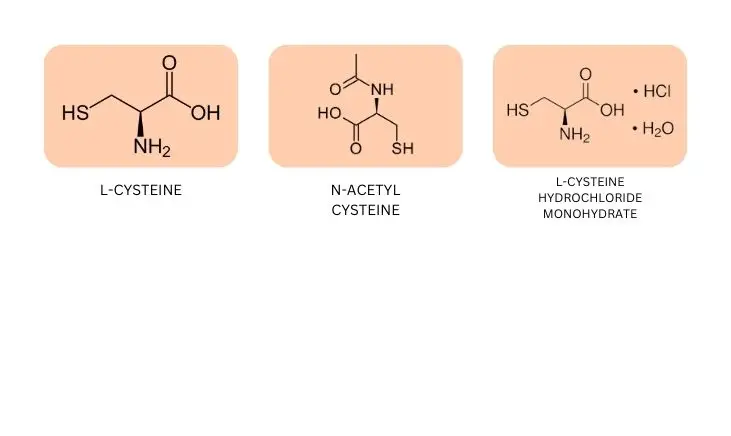
So, what’s the difference?
- L-cysteine is the purest and most natural form of the amino acid produced in the body and found in food.
- N-acetyl cysteine is a synthetic, acetylated variant commonly used for cysteine supplements; the acetyl group enhances amino acid bioavailability.
- L-cysteine hydrochloride is a soluble salt of cysteine and hydrochloric acid, found as either L-cysteine hydrochloride anhydrous (cysteine HCl) or L-cysteine hydrochloride monohydrate (cysteine HCl H2O).
FAQs
What is the difference between L-cysteine and L-cysteine hydrochloride?
L-cysteine is a naturally occurring, non-essential amino acid, while L-cysteine hydrochloride is a soluble salt of cysteine and hydrochloric acid; it is found as either cysteine hydrochloride anhydrous or monohydrate. They have the same general structure—a central carbon atom with an amino group, a carboxylate group, a hydrogen atom, and an R-group attached.
